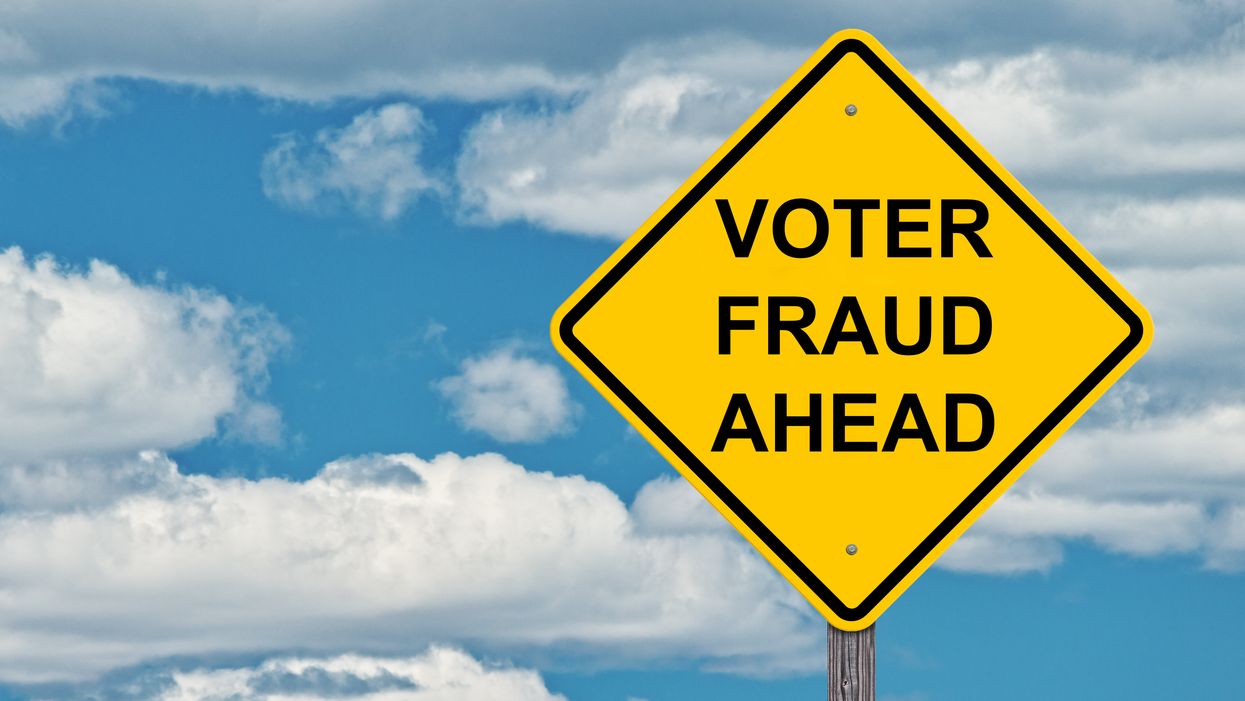At least 119 forged voter registration applications have recently been filed in one central Florida county, and an employee of an organization promoting President Trump's re-election has been charged for allegedly submitting 10 of them.
The case is a rare instance of readily apparent voter fraud, a problem that Republicans across the country maintain is widespread but that Democrats disregard as vastly overstated.
Officials in Lake County, a reliably Republicans suburb west of Orlando, said that Cheryl Hall had been charged with 10 felonies — at least six alleging she switched Democratic and independent voters to be registered Republicans without their consent — but that sheriff's investigators had linked her to all 119 of the falsified forms.
Hall was a part-time employee of Florida First, a voter registration group funded mainly by the pro-Trump America First Policies, which has vowed to spend $20 million signing up conservatives to vote in Florida, the nation's most populous purple state, and three other potential November battlegrounds: Georgia, North Carolina and Pennsylvania.
The fraud came to the county's attention last month when voters started complaining they had been notified their party affiliation had changed — even though they had never made such a switch. Several were Democrats planning to vote early in the presidential primary.
Many of the larger group of forms, which were all stamped with Florida First's return address, had incorrect addresses, birth dates, and Social Security and drivers' license numbers that were flagged as wrong by the county election database.
"It has absolutely nothing to do with party politics," Alan Hays, a Republican who is the county supervisor of elections, said in announcing the charges Thursday. "If you're misbehaving, I'm going to call you on it."
Meanwhile, in the Southwest
The Republican-led Arizona Senate, meanwhile, is expected to clear legislation this week to create an election fraud hotline, allow police into polling places and give GOP Attorney General Mark Brnovich more authority to investigate alleged election crimes. The measure could become law before the state presidential primary, which like Florida's is March 17, but if not by the time the state's 11 electoral votes are hard fought this fall. Democrats say there's no evidence of fraud in the state and that police in polling places will scare voters away.
And in Texas, Republicans are arching their eyebrows at a report from a conservative news site, The Texan: Hervis Johnson, the Houston man who gained global notoriety for waiting six hours to vote on Super Tuesday, was not supposed to have a registration card for another four months, when his probation ends for a 25-year-old second-degree burglary conviction.




















